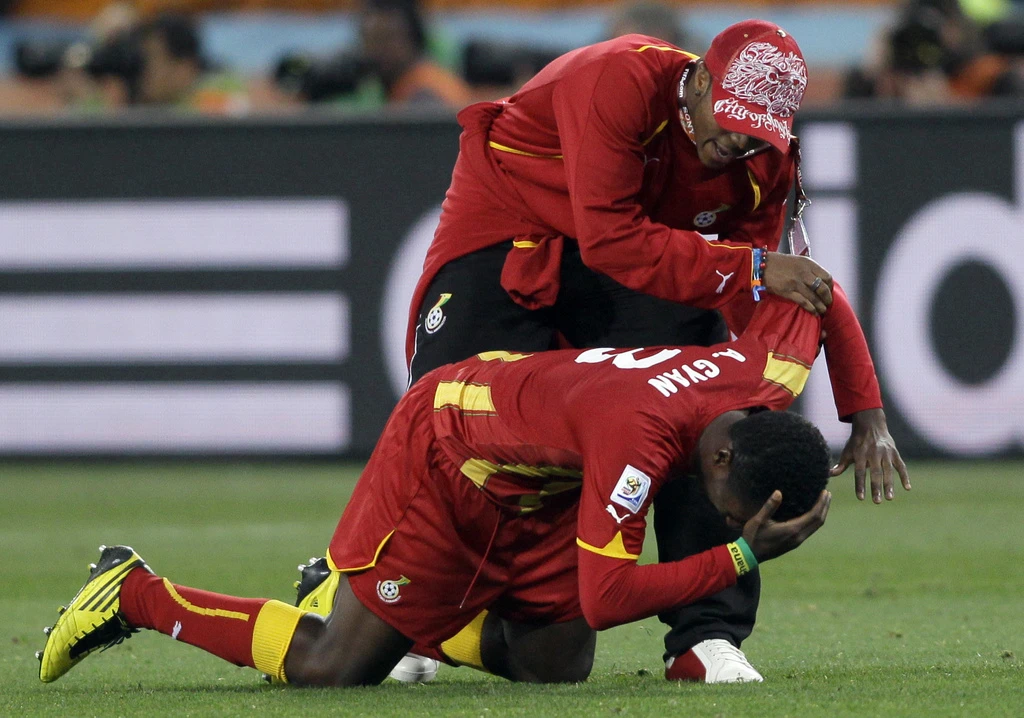We use cookies to help you navigate efficiently and perform certain functions. You will find detailed information about all cookies under each consent category below.
The cookies that are categorized as "Necessary" are stored on your browser as they are essential for enabling the basic functionalities of the site. ...
Necessary cookies are required to enable the basic features of this site, such as providing secure log-in or adjusting your consent preferences. These cookies do not store any personally identifiable data.
Functional cookies help perform certain functionalities like sharing the content of the website on social media platforms, collecting feedback, and other third-party features.
Analytical cookies are used to understand how visitors interact with the website. These cookies help provide information on metrics such as the number of visitors, bounce rate, traffic source, etc.
Performance cookies are used to understand and analyze the key performance indexes of the website which helps in delivering a better user experience for the visitors.
Advertisement cookies are used to provide visitors with customized advertisements based on the pages you visited previously and to analyze the effectiveness of the ad campaigns.

For Professor Matthew Andrews, these two soccer bodies are responsible for Africa's poor results in the World Cup.
Africa makes its comeback at the 2022 World Cup this Monday, November 21, with Senegal facing the Netherlands at 4 pm (GMT). This is the second game of Group A, which opened the ball this Sunday 20 with Qatar-Ecuador (0-2). While waiting for the turn of Cameroon, Ghana, Morocco and Tunisia, a question comes to the surface: will the African teams do better than a quarterfinal at the Qatari World Cup?
Researchers at Britain's Oxford University think not. Using an algorithm, which carried out millions of simulations, they have arrived at results according to which the five representatives of the continent will be eliminated in the first round as in the last World Cup, Russia 2018. If he does not set a limit to the African selections present in Qatar, Matthew Andrews, a Harvard professor, seems to bring water to the mill for his English counterparts.
"Middle-income trap
The latter focused more on the root of the problem. He does not question the quality of the staff of the selections concerned. In his opinion, the problem lies in the lack of organization and the weak adversities that these teams face.
And on the second problem, Matthew Andrews points the responsibility of the world body and that of CAF. "FIFA and the continental associations have killed the African teams, he decrees in an interview published this Monday, November 21 in L'Équipe. This system of one CAN every two years is perfect for Benin or Comoros: they will progress by meeting Nigeria. But average teams remain average. This is an economic theory known as the 'middle-income trap'."
Based on this, the Harvard professor recommends that the Lions of Teranga change their strategy if they ever want to win the World Cup. He explains,
"In Qatar, Argentina, England, Brazil, Belgium, France are (teams) too professional, too strong, play each other all the time. Not sure that Senegal can beat Brazil and England in three weeks ... If I were Senegal, I would play with a B team at the AFCONs every two years and my A team would play teams from Europe, South America and Asia."
"Africa is dependent on its organization. That's what keeps it from going higher."
The example of Nigeria is edifying for the researcher: "A huge country with incredible athletes but they seem happy to beat African teams. They do not play against France, Argentina, Brazil... By dint of facing weaker teams, you don't progress."
Added to this deficit are the approximations when it comes to approaching major competitions. "African players learn in Europe as individuals, but the important thing is to learn as a team," suggests Matthew Andrews. Africa is dependent on its organization. That's what's holding them back from going higher."
He adds, "A lot of people think it's because of the team that you win. But it's also about the story, the 'technology,' as I call it. How you train, how you organize, what your transportation is, your training facility, the psychology of the group, the medical. At Harvard, we talk about economic growth like a game of Scrabble. We have letters and we need to put words together that score points. In Africa, there is a lot of talent, so there are a lot of letters, but they don't create words."